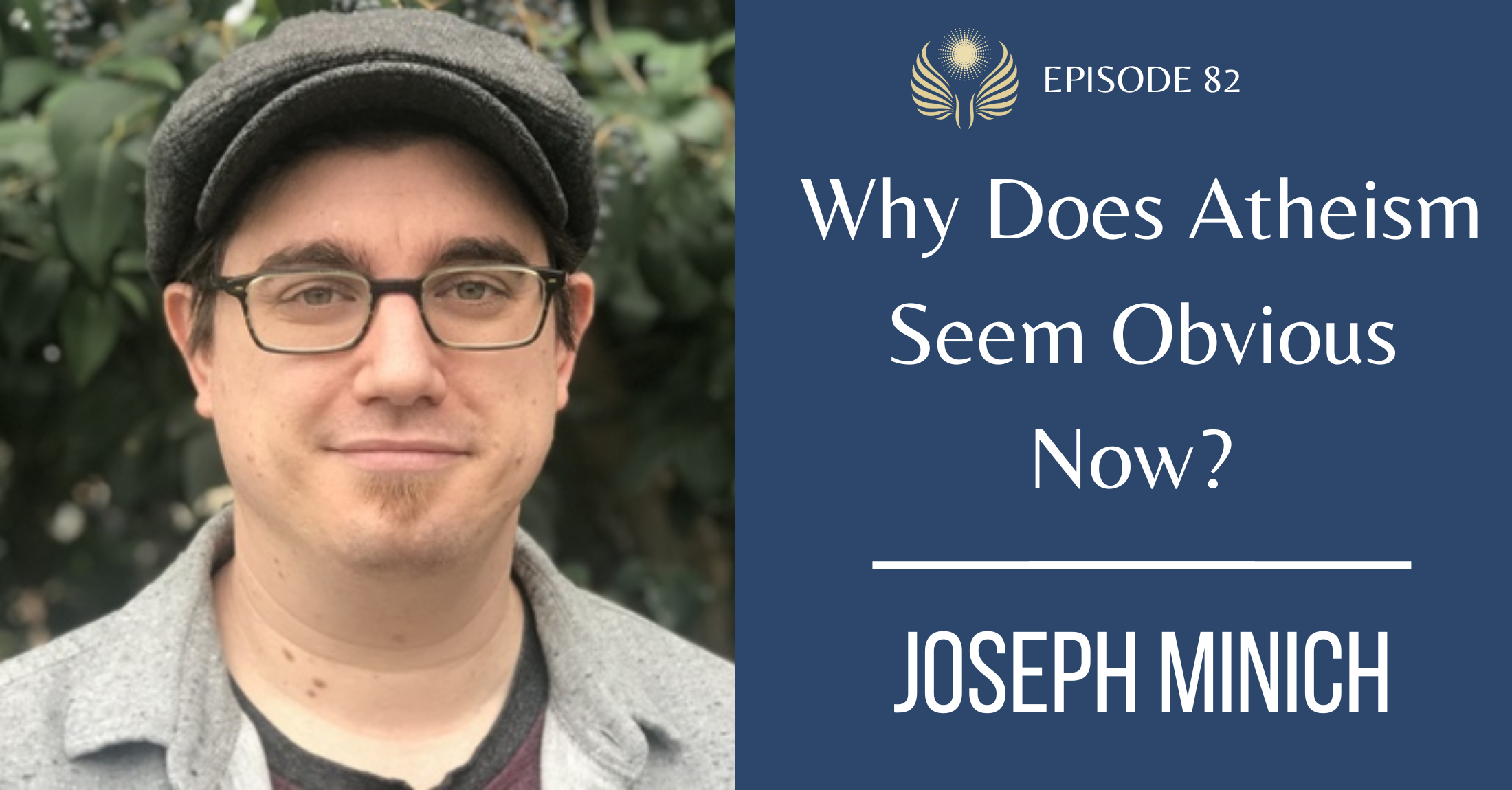Where has a manifest God gone? In his recent book, The Bulwarks of Unbelief: Atheism and Divine Absence in a Secular Age, Joseph Minich explores this question. A teaching fellow at the Davenant Institute, Joseph helps provide resources for retrieving an intellectual heritage to build up the contemporary Church.
Join Joseph and Ryan in their discussion as they ask these questions of modernity: Why has the existence of God become unobvious in modern times? What does it mean to believe in orthodoxy in an age in which it’s not the norm? How has technological artifice affected our understanding of reality? Does it matter that we understand ourselves to live in the modern age?




